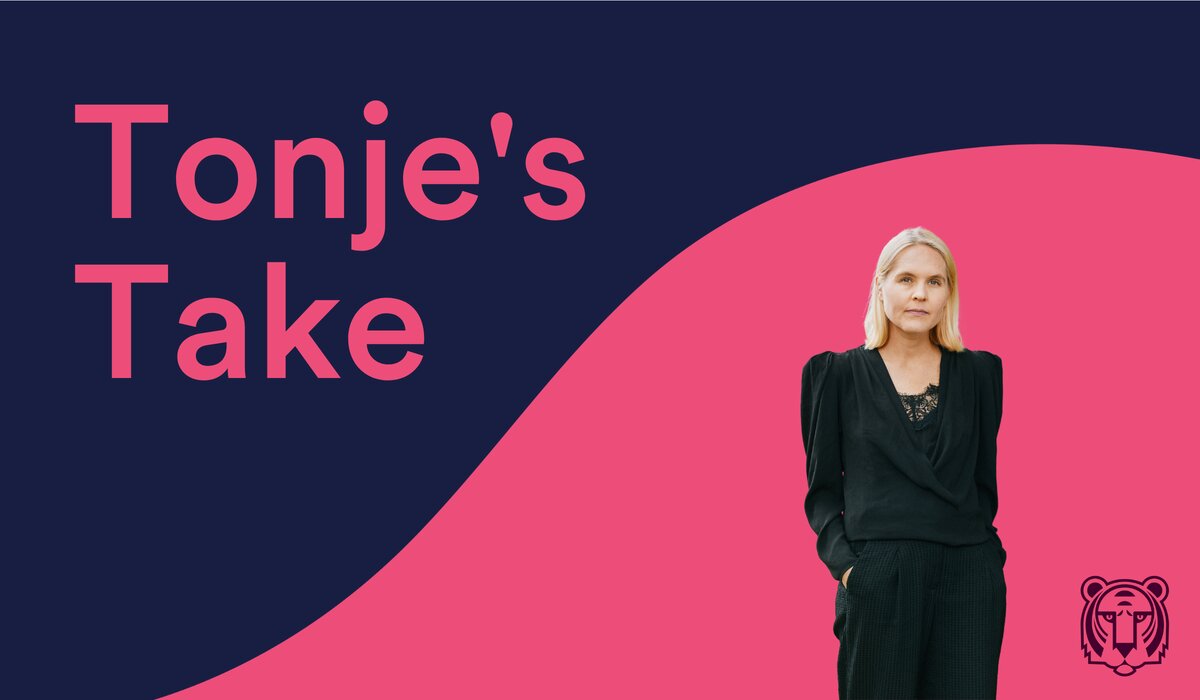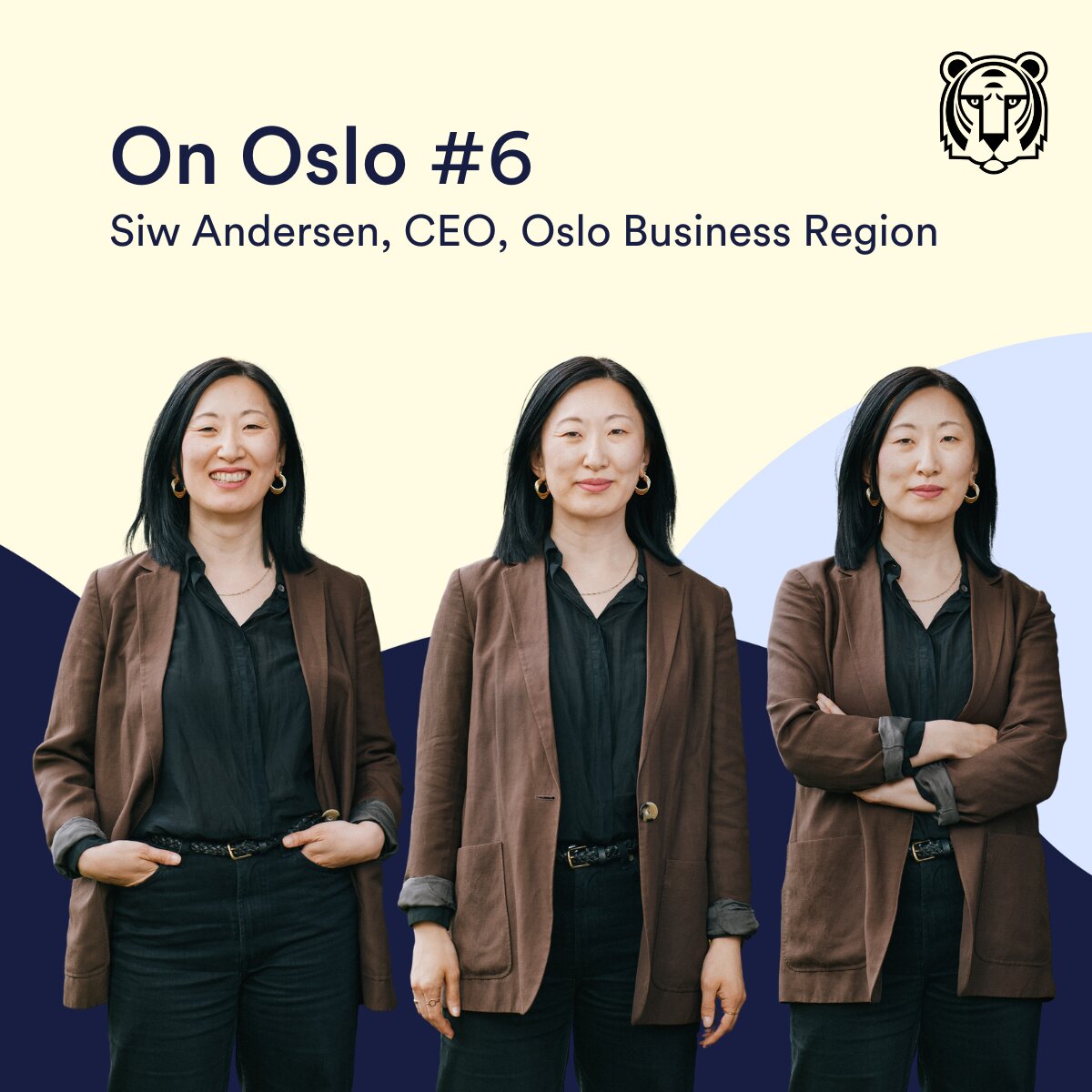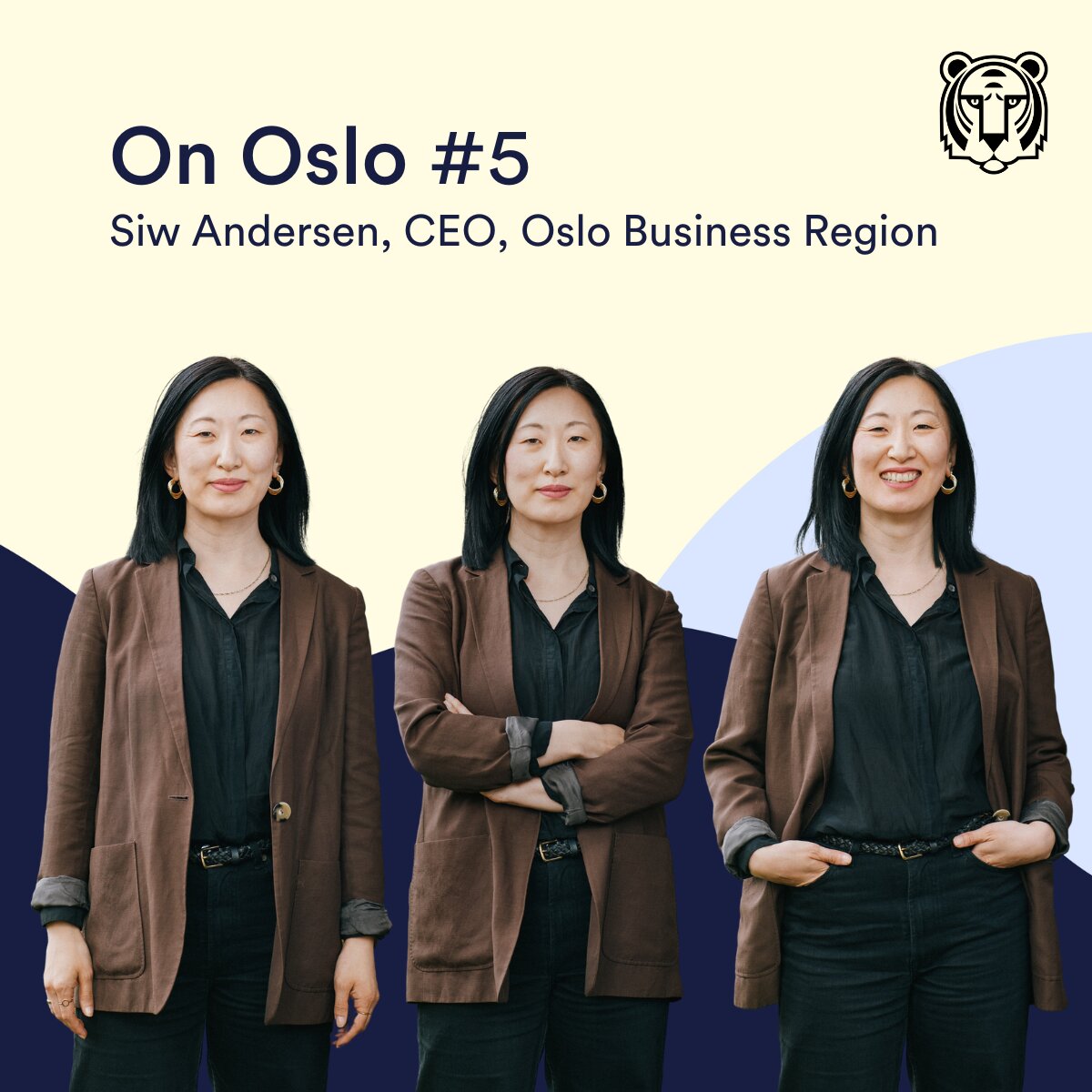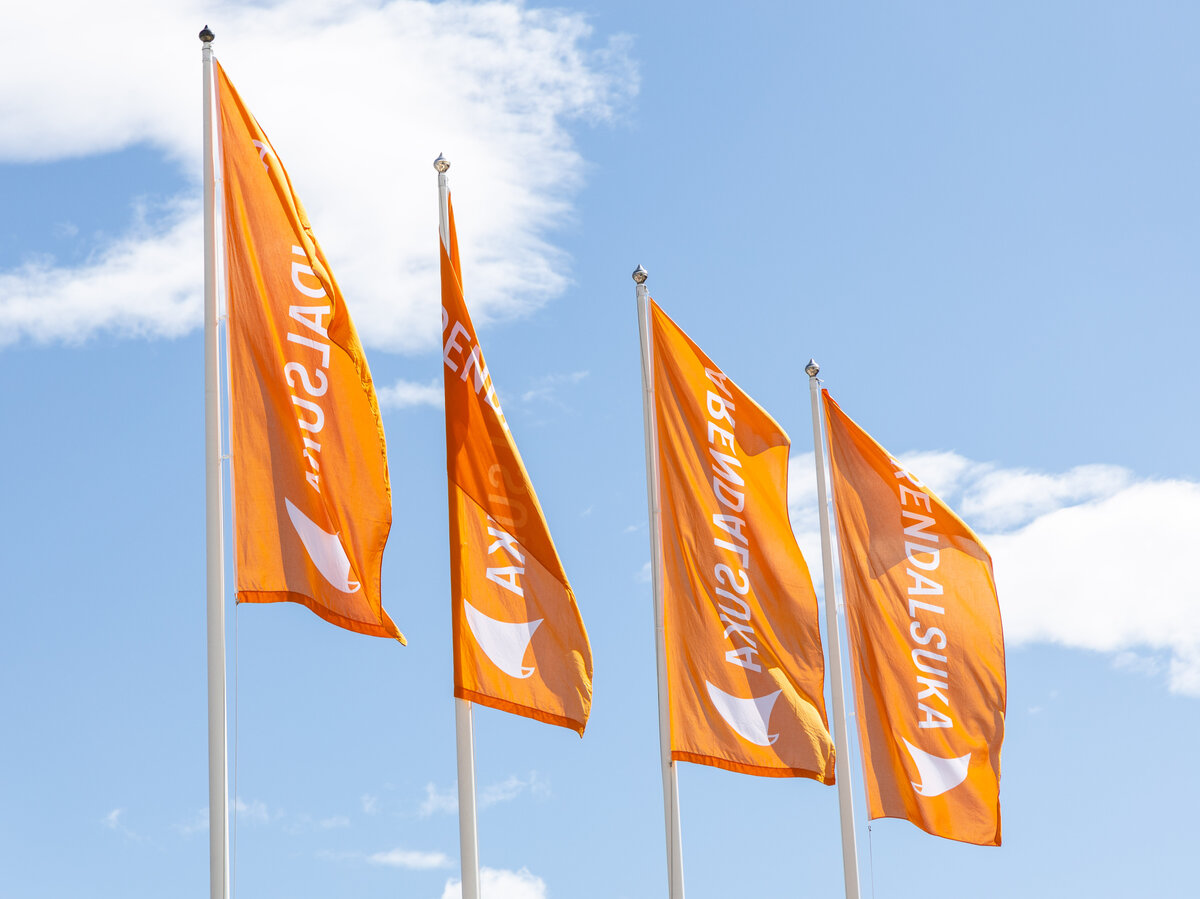Tonje’s Take: From bystander to builder - resilience through integration
American venture capital has been crucial for early-stage and growth-stage companies in Europe, and U.S. private equity has been a key driver for scaling SMEs to exit. Data from Dealroom suggests that between 2020 and 2024, U.S. investors were involved in roughly 22% of all VC-backed exits across Europe.
But when it comes to direct funding in Norway, the picture is different. In both 2023 and 2024, only about 6% of the VC capital raised by Norwegian startups came from the U.S. Meanwhile, over 50% came from European investors outside of Norway. Europe remains the main source of capital for Norwegian startups, and sustaining that interest, alongside boosting domestic investment, is essential.
This means that while Norway may not feel the full impact of U.S. tariff changes directly (yet), our ecosystem is still very much indirectly affected through Europe. As European investors and startups adjust to these new U.S. trade barriers, Norway will experience the ripple effects, especially through investment appetite, supply chain adjustments, and shifts in industrial strategy.
Turning uncertainty into opportunity
So, what does this mean for Norway and Europe? The U.S. customs policy is creating friction in cross-border investment, but it’s also presenting new opportunities for both regions to lean into autonomy, resilience, and innovation. For VCs, the key is adaptation: backing companies that are geopolitically agile and strategically smart about their supply chains.
Our dependence on European capital and integration into EU industrial systems means we will feel the ripple effects more and more. The challenge for Norway now is figuring out how to navigate these indirect shocks, while simultaneously building investment strategies that are more regionally aligned and resilient in the face of global uncertainty.
Yes, Norway must align with the EU, but we also have to start acting on behalf of Europe. It is not the time to stand on the outside and wait and see how hard we are hit by the geopolitical tensions. Norrsken is establishing a new office in Brüssel to help startups access the EU´s corridor of power and Project Europe was launched by 100+ top European tech founders to fund the next generation of young entrepreneurs. If Europe is building resilience through integration, Norway’s next chapter must be one of proactive partnership, not passive observation.



